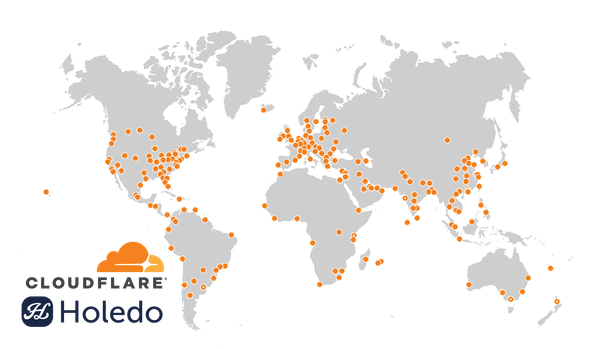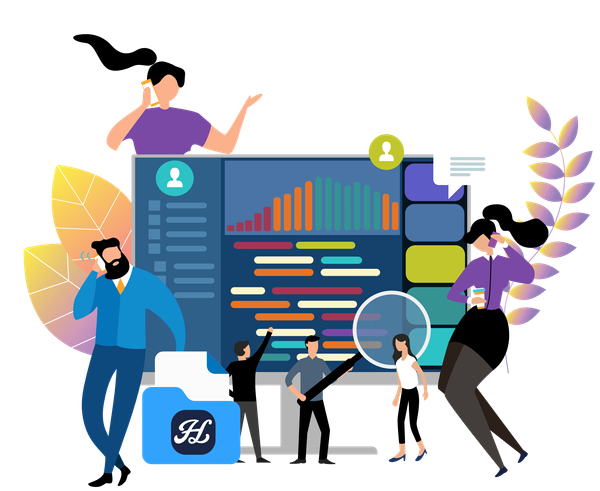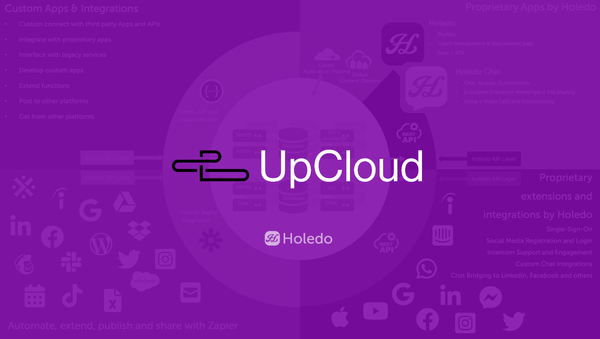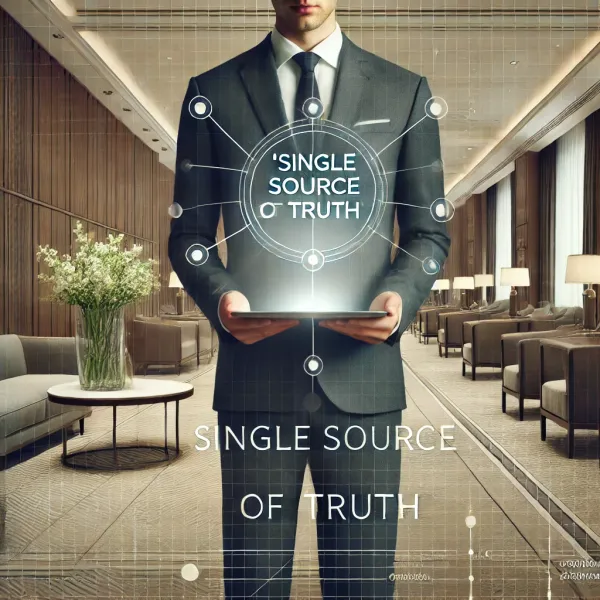The Double-Edged Sword of AI in Recruitment: No BS Edition
Discover the role of AI in recruitment, highlighting its benefits and limitations in finding the right cultural fit and maintaining human elements in hiring.
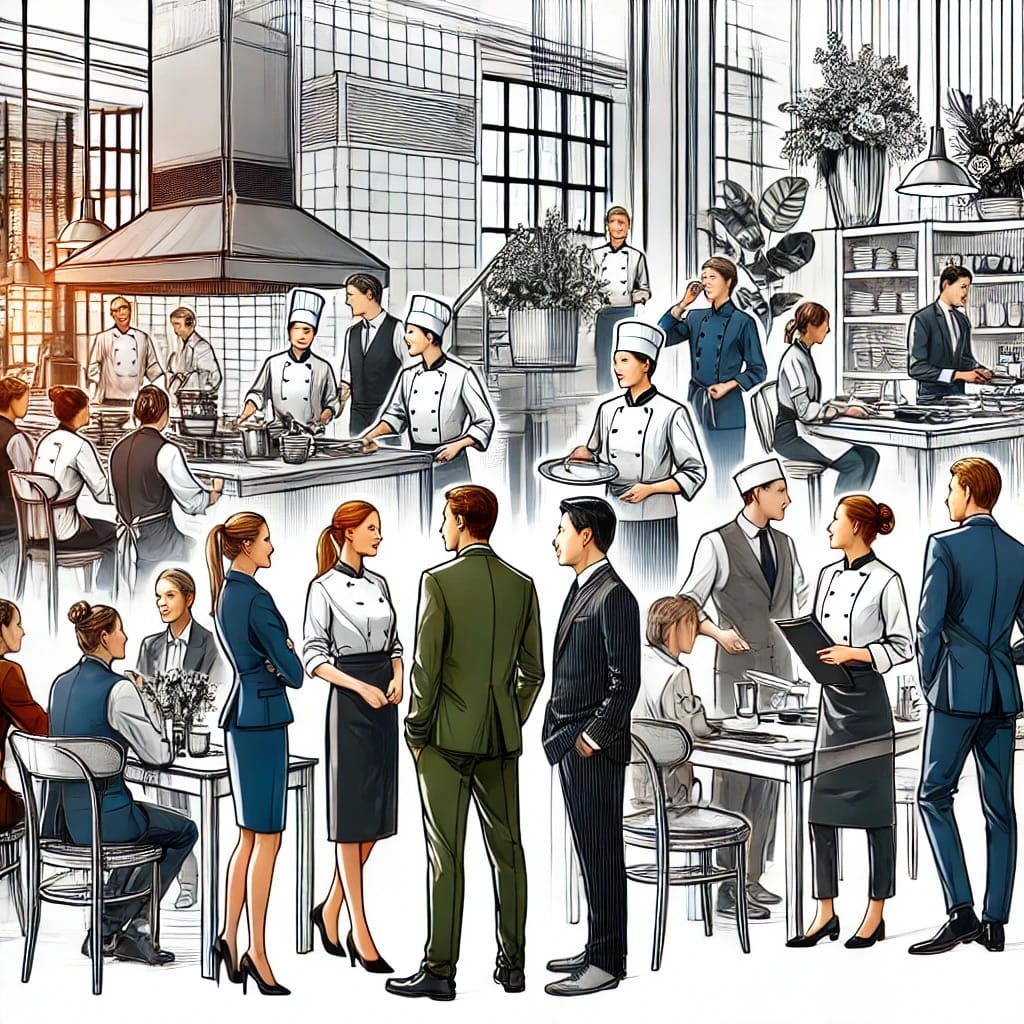
I’ve been using AI in recruitment for the past year and a half. Here’s the deal: AI is great for heavy lifting. It can scan resumes faster than any human and spit out candidates that match your criteria in no time. But let’s cut the crap—AI is not a silver bullet.
If you’re looking for cultural fit and people who can anticipate guests’ needs, relying solely on AI is risky. AI can’t pick up on the nuances that make someone a great fit for your team. It can’t sense a candidate’s passion or gauge their ability to go above and beyond for a guest. Studies have shown that AI can perpetuate biases present in training data, leading to unfair hiring practices.
Sure, if you just need someone to carry a tray from one side of the room to the other, AI can help you find that person. But a robot, a tray carrier on wheels, might be even better if that’s all you want—and you don’t even need to pay for holidays.
But if you’re building a team, if you want people who will stick around and grow within your company and our industry, we can’t depend on AI alone.
It’s like Hollandaise sauce. Yes, you can get it made industrially,- perfectly fine for many uses. But if you’re serving asparagus, you want that sauce made à la minute, fresh and tailored to perfection. There’s a difference, and it’s the same with recruitment. The industrial approach of AI misses the finesse, the personal touch, the ability to adapt and adjust in real-time.
Here’s another kicker: AI can’t reliably hold an instruction set over time. In our company, we have a specific voice—no bullshit, empathetic, direct, and responsible. We avoid overused words and consultant bingo. Yet, even with the same trained bot, that crap creeps back in. AI just can’t maintain consistency in the way we need it to. It’s like constantly having to retrain.
Some might argue that AI can analyze facial expressions, micro-expressions, and even predict emotional intelligence. While AI has made strides in these areas, it still can’t match the depth of human intuition. AI can misinterpret context, miss subtle cues, and overlook the genuine warmth and sincerity that only a human can perceive.
Would I want to work in a service team where I was picked by AI? Would I want to work with a team of humans where everyone was picked by AI? Honestly, I’m not sure I would. That wouldn’t land well with me.
At Holedo.com, we provide AI tools to candidates and employers that support and assist people rather than replace them. We’re an API-first platform, so you can plug in any assessment or other tools you need. Be our guest. This approach aligns with our ethos: AI is useful, but not if it replaces the heart and soul of the industry we love—its people.
Bottom line: Use AI as a tool, not a crutch. If you rely on it for everything, you’re screwed.

